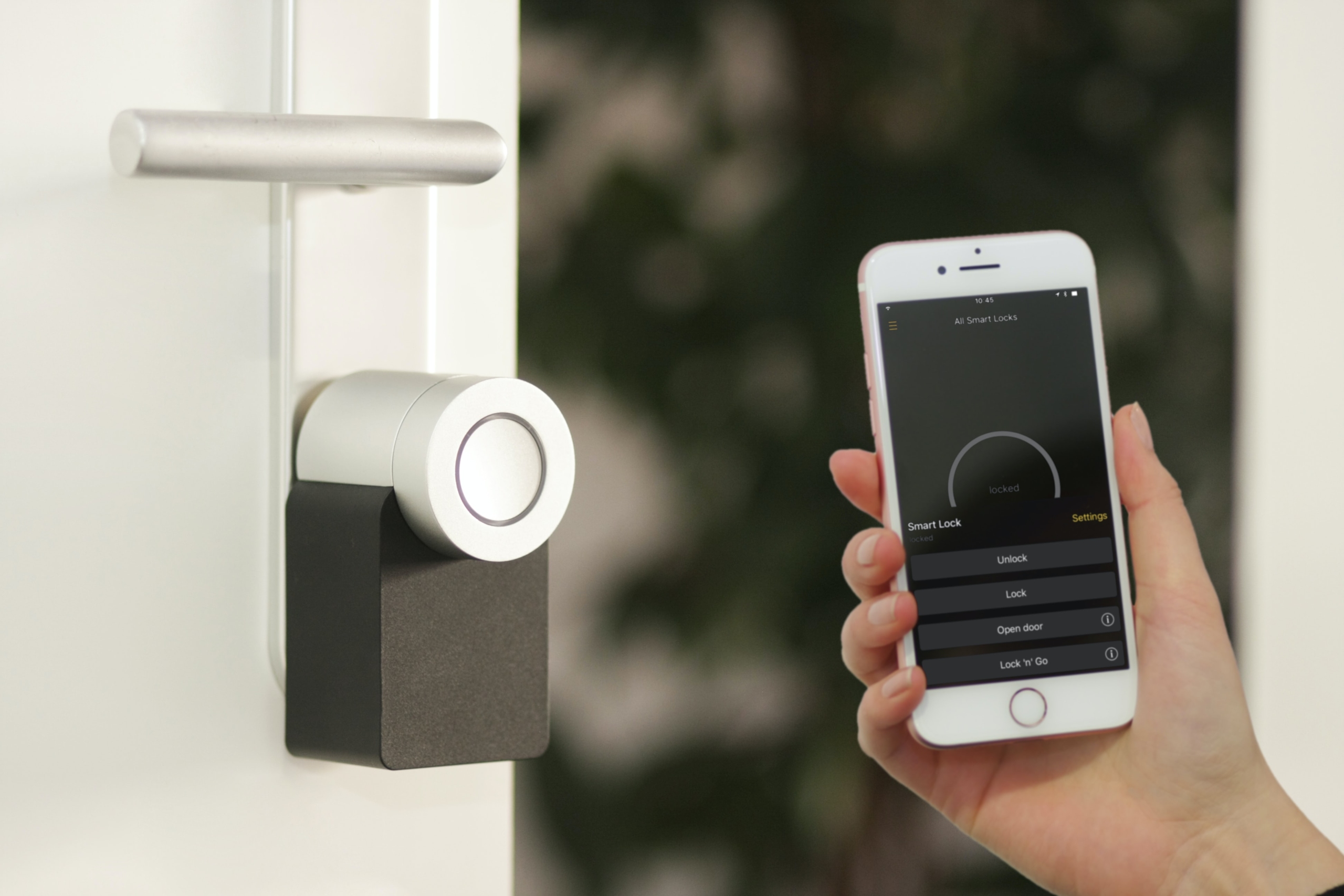9237Views 0Comments

4 Different Types of Home Security Systems and How They Work
When it comes to home security, there are a lot of options out there. From basic alarm systems to advanced monitoring services, it can be difficult to know which type is best for your home. In this blog post, we’ll take a look at the different types of home security systems and how they work.
Alarms
The most basic type of home security system is an alarm system. The typical alarm system consists of door and window sensors, motion detectors, and sirens that sound when the sensors detect movement or forced entry into the house.
The primary benefit of alarm systems is that they are relatively inexpensive and easy to install. Additionally, they can provide a visible deterrent to potential intruders as the presence of an alarm system is often enough to discourage break-ins. However, alarm systems also have some major drawbacks, such as unreliable performance due to false alarms and limited features in terms of remote monitoring and automated responses. Furthermore, since alarm systems are typically limited to one property, they do not provide the same level of protection as other types of home security systems.
Smart Security
A smart security system is an upgraded version of an alarm system that connects wirelessly with your smartphone or other device. Smart security systems allow you to monitor your home from anywhere in the world using an app on your device. They also provide more features such as automated lock control and video surveillance, making them more reliable than traditional alarm systems. Additionally, many smart security systems come with a 24/7 monitoring service that will alert emergency personnel if there is an issue at your home.
Home Automation
Home automation systems take smart security one step further by allowing you to control various aspects of your home from anywhere in the world through an app on your smart device. With a home automation system you can remotely unlock doors, turn lights on and off, adjust thermostats, and even control appliances like refrigerators or ovens from afar.
While convenient and state-of-the-art, a home automation system can be costly to install and maintain, making it an impractical option for many homeowners. Additionally, these systems require that all devices be connected to the same network in order for them to interact with each other, which can lead to added complexity and potential security vulnerabilities. Furthermore, since a home automation system is reliant on pre-existing infrastructure, it may not be possible to install in some older homes. Before you set your heart on getting a home automation system, consider these potential drawbacks before investing.
Sophisticated Locks
Sophisticated locks are a great way to upgrade home security without the need for an alarm system or any other type of technology. These locks feature advanced technologies such as biometric authentication, which allows you to unlock your door using your fingerprint or another unique identifier. They can also be programmed with keycards and codes that can be changed on a regular basis for added security. Investing in sophisticated locks can offer a great level of convenience, as well as an extra layer of protection for your home.
Sophisticated locks can be purchased from a variety of retailers, ranging from local hardware stores to online marketplaces. Be sure to research the different options available and read reviews before making a purchase, as there are many factors to consider when selecting sophisticated locks for your home. Additionally, it is important to make sure that the sophisticated lock you choose is compatible with your existing door hardware to ensure proper installation. With the right lock and proper installation, sophisticated locks can provide an added layer of security for your home.
Choosing the Proper System
When choosing the proper home security system for your home, it is important to consider your budget, lifestyle, and the level of protection you need. Different types of systems have different features and advantages that can make them more or less suitable for certain situations.
Alarms are an affordable option with a visible deterrent but may not offer as much protection as other systems. Smart home and security systems are great for remote monitoring and automated responses, while home automation can provide the most comprehensive protection. Sophisticated locks offer a great balance between convenience and security, making them an ideal option for many households. Ultimately, take the time to research each system in order to find one that best meets your needs.
Seeking Professional Advice
When it comes to home security, it’s always best to speak with a professional. A qualified security professional can assess your needs and provide you with accurate quotes for different types of systems. They will also be able to advise you on which system is most suitable for your home or business as well as any additional features or products that may be beneficial. In addition to providing quotes, a security professional can also provide helpful installation advice and answer any questions you may have about the process. When you’re shopping around for a home security solution, it wouldn’t hurt to speak with a qualified professional in order to ensure that your system is tailored specifically for your needs.
Home security is an important consideration for any homeowner. There are many different types of home security systems available ranging from basic alarms and locks to advanced monitoring services that offer automated responses and remote access via smartphone apps. No matter which type you choose, having a secure home will give you peace of mind knowing that your family is safe and protected at all times.


